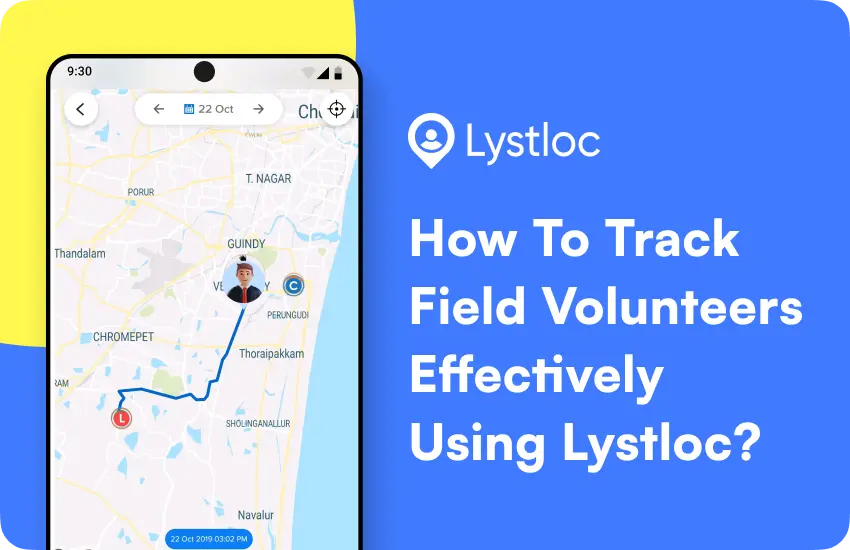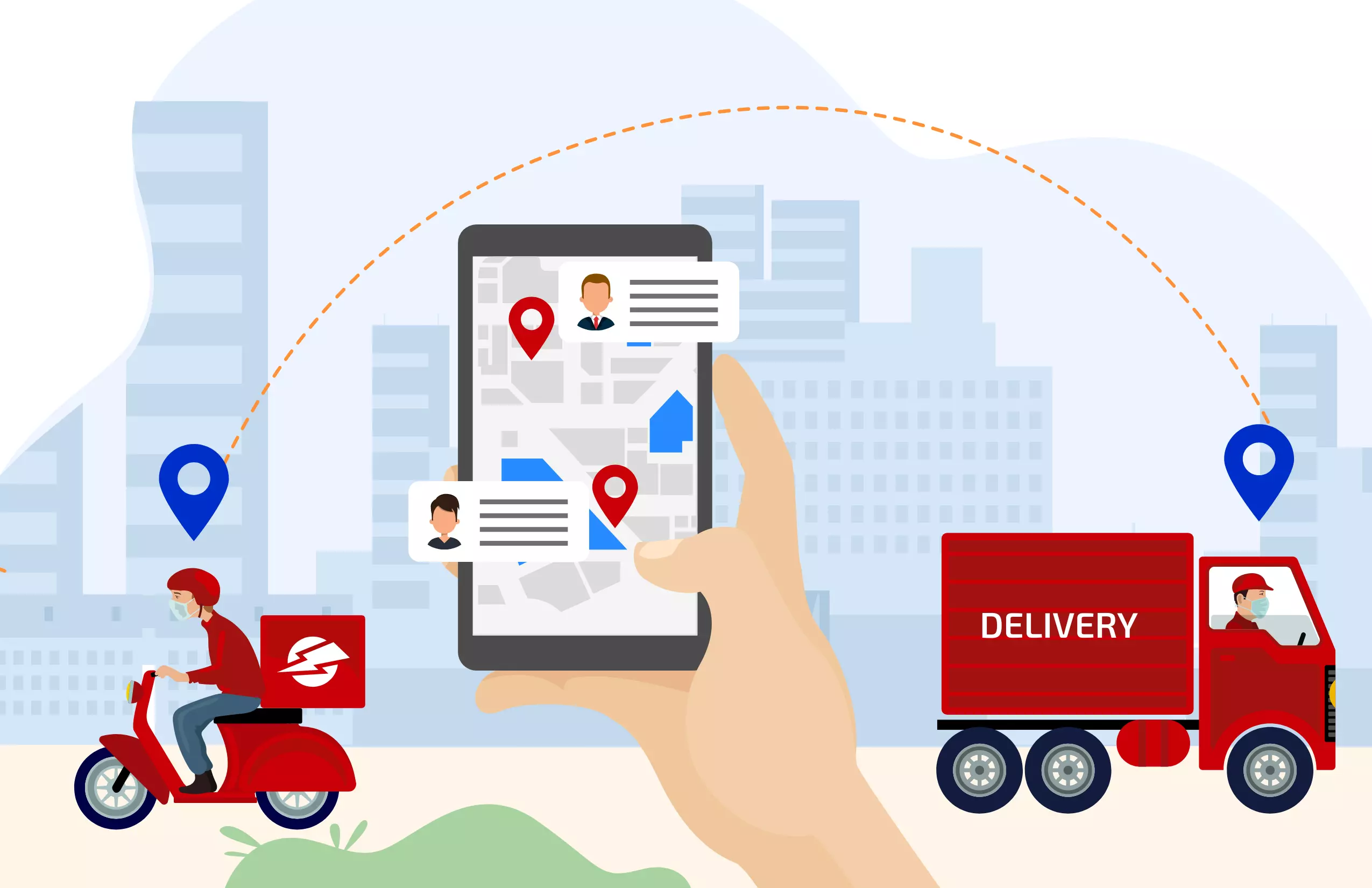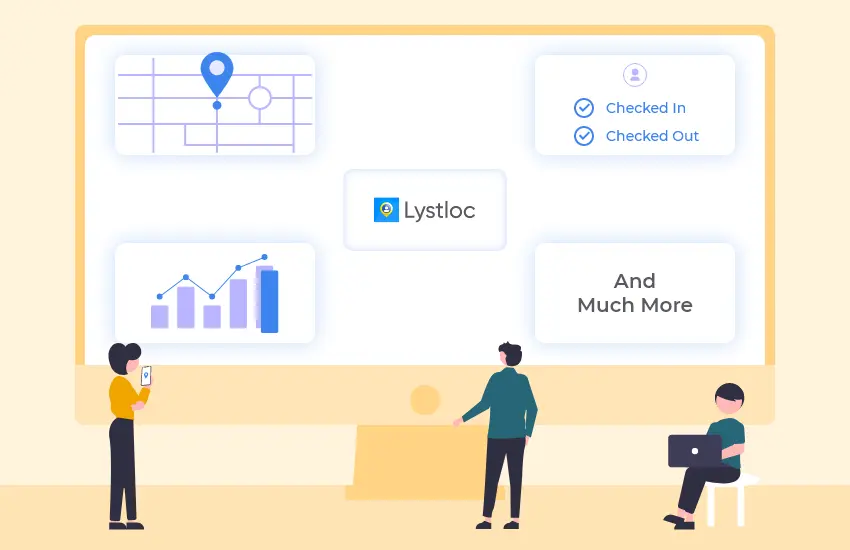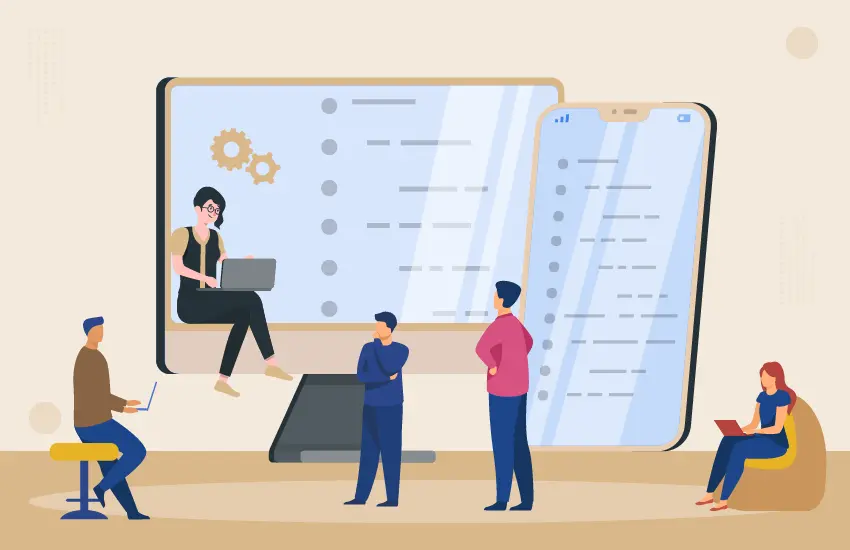
How To Avoid Employee Moonlighting In Field Workforce System
Table of Contents
To fulfill their financial commitments, some field employees must hold down multiple jobs. Although you may appreciate a field employee’s decision to work several jobs, there are specific instances wherein moonlighting might be detrimental to your business. You may better manage employees who work multiple jobs by being aware of your rights as a manager when it comes to moonlighting.
Due to misaligned expectations, moonlighting frequently has a negative impact on the relationship between the field workforce and their managers. Once non-moonlighting employees begin to observe the alienation of moonlighting employees from jobs and the potential benefits they may be receiving from their second jobs, it can be very difficult to keep them engaged.
What Is Field Employee Moonlighting?
A field employee who undertakes work or jobs outside of their main job in order to earn extra money is said to be moonlighting. It occurs when an individual is employed by a major organization and operates on a task within the same industry for a secondary company, typically without the original company’s knowledge.
Because of physical exhaustion from working extra hours, field employees may disregard their duties at work and become sidetracked or unproductive in their primary profession, which could disrupt work progress and drive up costs. A business may suffer significant revenue losses due to workers who moonlight having the chance to share company secrets when employed in the same field. Because field employees might use the company’s assets for a second job, operating costs escalate.
How Does Moonlighting Affects Field Employee Productivity?
Taking a second job might negatively impact the performance of the employee for their primary company. Fatigue may affect the productivity and the caliber of their work, for instance, when they are working until late at night and then returning the following day. This impact can mount into work productivity that is usually unsatisfactory, results in losses for the company, and can be dispiriting for the employee themselves over time as the employee tries to balance two responsibilities.
In addition to being tired, a field employee’s work efficiency could also deteriorate as a result of the extra duties they have picked up from their other employment. For instance, their availability or capability to devote as many hours to the business may decline, and the hours they do spend working may be overtaken by distractions from duties related to their other job, decreasing their overall on-the-work productivity.
How To Avoid Moonlighting In Field Employees?
Be Open And Share The Consequences
Let the questions be open-ended and conversational when questioning a field employee about the potential reason for and occurrence of moonlighting. High-pressure situations can have a negative effect on the workforce if they are fostered by managers. Ask the field staff why they are moonlighting. Allow them to freely discuss their justifications. Once the justifications are obvious, managers can address the underlying problems and amicably resolve the problem.
When field employee moonlighting is confirmed, you should perhaps inform staff members of the adverse effects of the activity. There is a chance that the workers will become exhausted if they do not alter their working procedures. In any circumstance, balancing two jobs is difficult but not impossible. To encourage employees to invest their skills in the company, managers need to make them feel important. The business’s concerns and explanations must be shared with them through managers. The repercussions must be calmly explained to the field staff.
GPS Tracking System
There is a high likelihood that your company vehicles are being utilized for their side job when field workers moonlight. If that occurs, you’ll have to pay more for fuel and for more frequent vehicle maintenance. Every time an employee is running behind schedule or is late, the business will also lose a lot of money because productivity will suffer. Although field employee moonlighting is allowed, as a businessman you must also safeguard the assets of the firm and your business.
You’ll be able to fix the issue and save costs for your company by implementing a GPS monitoring system on the fleet. The technology has the ability to locate and identify unwanted vehicle operations. All vehicle movements, including the locations, visited, the distance covered, and the time being spent on each trip, can be tracked by the system. You can determine when your field employee is working a second job at the expense of the company using the information at hand.
Field Employee Monitoring Software
Since it makes the dilemma regarding how to track field employees working from location straightforward, many large companies have implemented field employee tracking software. You can monitor employee travel, record attendance, view daily reports, see the amount of time field employees spend on various tasks and client visits, and more based on the tracking software you employee.
Field employee tracking software is beneficial for informing you how many hours your field employees spend working, and also showing you how well their work was accomplished. In order to correct any inefficiencies, evaluate the number of hours your staff put in compared to the results they produce. Use time monitoring technology or demand a daily email summary from your field staff.
They might share what they achieved that same day, what they intend to do the following day and any issues they have. The issue of moonlighting is perfectly resolved by Lystloc. It is simple to field employee tracking software that monitors employee work performance without having an adverse physical or mental impact on the employees.
Creating A Moonlighting Policy
There are no explicit regulations that forbid field employees from working second jobs. Yet, you can engage a human resources professional or team to create a suitable business policy that your staff can adhere to. You have the authority to take the necessary action if your field employees break these policies. The business’s policies should be comprehended by every employee. This involves being aware of what is and isn’t permissible.
Field employees should be given a quick summary of the company’s rules of conduct from their managers, including information on how managers would treat staff members who moonlight, what will happen to them if they break the policy, and a lot more. Yet, despite that, as an owner, you can still impose disciplinary action if your employees’ extra job undermines their productivity or efficiency.
Take Up Regular Feedback
The majority of field employees moonlight to make extra money. Your employees are less likely to take up a second job if they are content with their existing pay. Managers must then discreetly address the mistrust that the pandemic has caused among their field workforce. The workforce is fearful as a result of widespread layoffs. Making your staff feel more assured regarding their jobs is crucial in this situation.
Ask for feedback periodically to find out if field employees feel underfunded or concerned about potential layoffs. Their response will reveal any unresolved issues in their minds and reveal how they view their job. By doing this, you will convey to your field workforce that you care deeply about the atmosphere in which you operate and that you will not overlook any behavior that might jeopardize the effectiveness of company policies.
Wrapping Up
Moonlighting typically doesn’t pose ethical issues, but it can have a detrimental impact on field employee engagement and effectiveness. Regardless of what their field employees do in their leisure time, managers should concentrate on keeping employees responsible for their work performance in order to fulfill company goals and foster a high-performance work culture.
The organization should most critically be achieving its business objectives, and if staff isn’t contributing their fair share to those objectives, a conversation that focuses on “why” should take place. The main conclusion is that, regardless of their commitments to another employment, businesses must maintain employees responsible for their work.





















